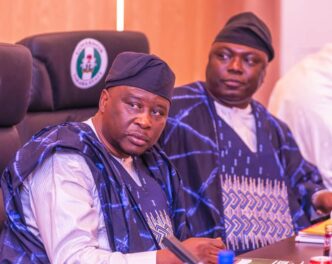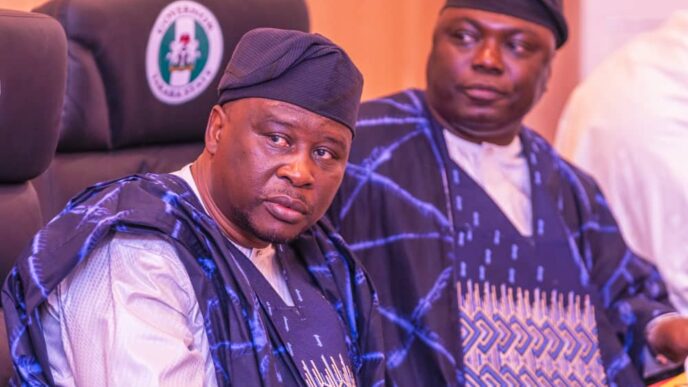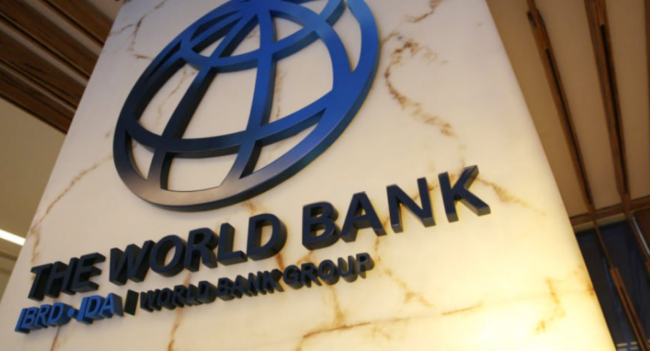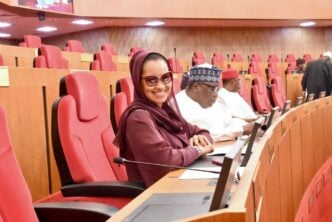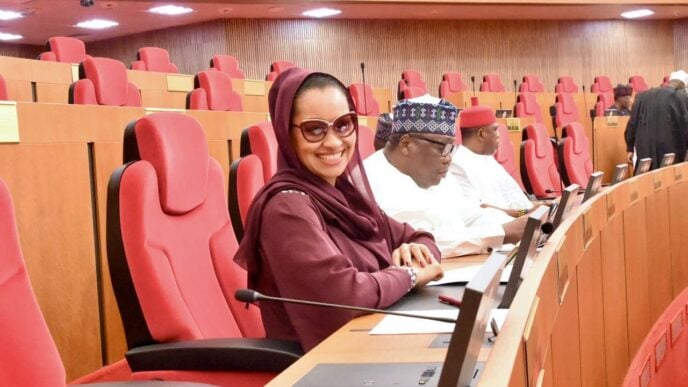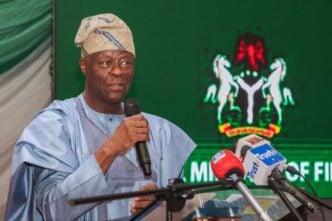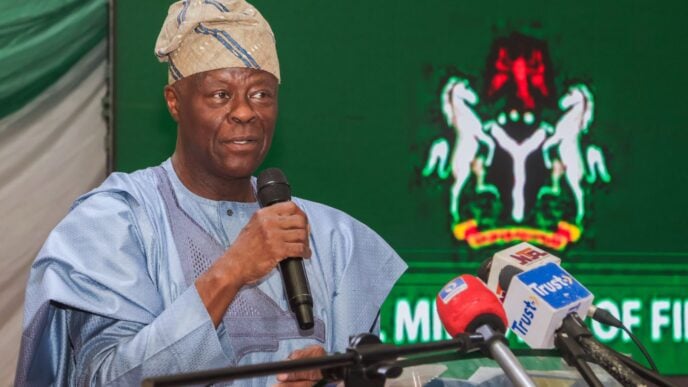The house of representatives has inaugurated an ad-hoc committee to investigate the economic, regulatory, and security implications of cryptocurrency adoption and point of sale (POS) operations in Nigeria.
Inaugurating the panel in Abuja on Monday, Tajudeen Abbas, speaker of the house, said the committee’s work would help establish a safe and well-regulated digital financial system in the country.
Abbas, who was represented by Bello Kumo, the chief whip, said the initiative reflects the seriousness with which the house views the risks associated with unregulated cryptocurrency transactions and PoS activities.
“There are real concerns about cryptocurrency’s susceptibility to terrorism financing and money laundering, considering its opaque nature and lack of accountability,” he said.
Advertisement
“This ad-hoc committee is absolutely necessary.
“Its main job is to undertake public hearings to collate relevant information from stakeholders that will guide the House in developing legislation for a regulatory framework for the adoption of the currency in our economy.
“Its work will also guide the House in its oversight functions as they concern the use of digital currency in Nigeria.”
Advertisement
The speaker said the move aligns with the Tinubu administration’s ongoing economic reforms, stressing the need to safeguard Nigeria’s financial system against illicit transactions and cyber threats.
“We must ensure that the security of our country is not breached through illicit financial transactions,” he added.
‘FINTECHS LACK PROTECTION’
In his remarks, Richard Olufemi Bamisile, chairman of the committee, said the panel’s task is of national importance and aims to balance innovation with security.
Advertisement
Bamisile noted that while digital payments have deepened financial inclusion, they have also become targets for fraud and cybercrime.
“Let us be frank: many fintech entities in our country still lack robust protections for their customers,” he said.
“If ignored, these risks could compromise not only our financial stability but also our national security.”
He said the committee would work closely with key institutions including the Central Bank of Nigeria (CBN), the Securities and Exchange Commission (SEC), the Nigerian Financial Intelligence Unit (NFIU), the Economic and Financial Crimes Commission (EFCC), the Independent Corrupt Practices Commission (ICPC) and the Nigeria Police Force to ensure that digital finance supports growth rather than undermines security.
Advertisement
Bamisile said the committee would also engage stakeholders through public hearings to develop practical and evidence-based recommendations for legislative and regulatory reforms.
“We are not here to stifle innovation, but innovation without safeguards can destabilise economies, empower criminals, and erode public trust,” he said.
Advertisement
On October 3, Olayemi Cardoso, governor of CBN, had said the bank is collaborating with the SEC to develop a sustainable framework for digital currencies in the country.
Nigeria approved the national blockchain policy in May 2023, a significant step in the country’s efforts toward digital transformation.
Advertisement

